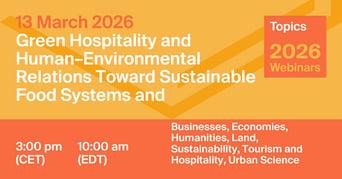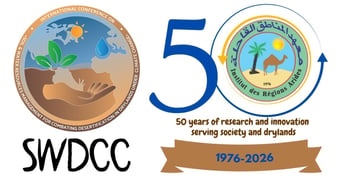- 3.2Impact Factor
- 5.9CiteScore
- 18 daysTime to First Decision
News & Conferences
Latest News & Announcements
Latest Conferences
Propose a Conference Collaboration
Promote and publicise your upcoming conference with MDPI.
All News & Conferences
News & Announcements
Land | Invitation to Read Papers and Hot Topic Special Issues Related to Land Water and Ecosystem
5 March 2026
News & Announcements
Meet Us at the International Symposium on Remote Sensing 2026, 13–15 May 2026, Shimane, Japan
5 March 2026
News & Announcements
Meet Us at the American Geophysical Union (AGU) Annual Meeting 2026, 7–11 December 2026, San Francisco, USA
4 March 2026
News & Announcements
International Women’s Day—“Give to Gain”
4 March 2026
Partner Conference
International Conference on Soil & Water Resources Management for Combating Desertification in Drylands Under Climate Change
16 - 18 May 2026
News & Announcements
MDPI INSIGHTS: The CEO’s Letter #32 - MDPI China and Thailand, China Science Daily, 1,000 Partnerships, R2R
28 February 2026
News & Announcements
Land | Selected Special Issue Reprints Published in 2024 (II)
27 February 2026
News & Announcements
Land | Invitation to Read Papers and Hot Topic Special Issues Related to Wetland Ecosystem
24 February 2026
News & Announcements
Land | Seeking Partnership Within Australia and New Zealand
24 February 2026
News & Announcements
MDPI Virtual Academic Publishing Workshop (New Harvest), 25 February 2026
20 February 2026
of 42












